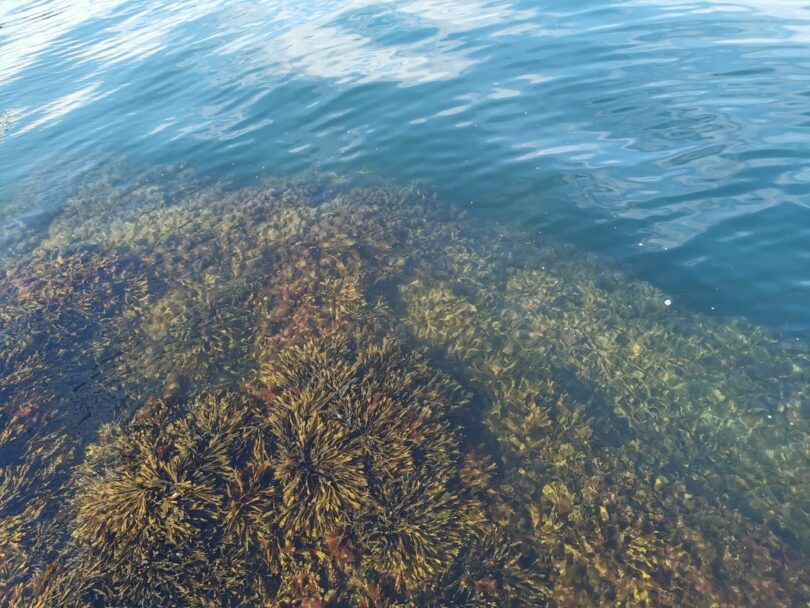
In the vast expanse of our oceans, a microscopic wonder thrives, often unnoticed by the naked eye yet wielding immense power in sustaining life on Earth. Phytoplankton, the diverse array of tiny plant-like organisms drifting with the currents, are not just the foundation of marine food webs; they also offer a treasure trove of health benefits for us land-dwellers.
Unveiling the Microscopic Marvels
Phytoplankton encompass a wide range of organisms, from the cyanobacteria to single-celled algae. Despite their diminutive size, they play a colossal role in the global ecosystem, producing over half of the world’s oxygen and serving as the primary food source for countless marine creatures.
Nutrient Powerhouses
These minuscule organisms may be small, but they pack a nutritional punch. Phytoplankton are rich in essential nutrients, including omega-3 fatty acids, vitamins (such as vitamin C, vitamin B12, and beta-carotene), minerals (like iron and zinc), and antioxidants. Incorporating phytoplankton into your diet can help bridge nutritional gaps and promote overall well-being.
Health Benefits of Phytoplankton
1. Brain Health: Omega-3 fatty acids found in phytoplankton, particularly EPA and DHA, are crucial for brain health and cognitive function. They can support memory, concentration, and mood regulation.
2. Heart Health: The omega-3s in phytoplankton also contribute to cardiovascular health by reducing inflammation, lowering blood pressure, and improving cholesterol levels, thus reducing the risk of heart disease.
3. Immune Support: The array of vitamins and antioxidants in phytoplankton can bolster the immune system, helping the body fend off infections and illnesses.
4. Skin Nourishment: Beta-carotene, a precursor to vitamin A found abundantly in phytoplankton, promotes healthy skin by combating free radicals and supporting skin cell regeneration.
5. Detoxification: Chlorophyll, the green pigment responsible for photosynthesis in plants, is abundant in phytoplankton. It aids in detoxification by binding to toxins and aiding their elimination from the body.
How to Incorporate Phytoplankton into Your Diet
Phytoplankton supplements are available in various forms, including powders, capsules, and liquid extracts. These supplements offer a convenient way to reap the benefits of phytoplankton without needing to consume copious amounts of seawater!
Alternatively, you can add powdered phytoplankton to smoothies, juices, or even sprinkle it over salads and soups for a nutrient boost. Remember to source your phytoplankton supplements from reputable manufacturers to ensure quality and purity.
Cautionary Notes
While phytoplankton supplements offer many health benefits, it’s essential to use them as part of a balanced diet and not as a substitute for whole foods. Additionally, consult with a healthcare professional before starting any new supplement regimen, especially if you have underlying health conditions or are pregnant or breastfeeding.
Conclusion
Phytoplankton may be tiny, but their significance in maintaining both marine and human health cannot be overstated. By harnessing the nutritional power of these microscopic marvels, we can nourish our bodies, support our well-being, and cultivate a deeper appreciation for the wonders of the natural world that sustains us. So, let’s dive into the ocean of health benefits that phytoplankton have to offer!



